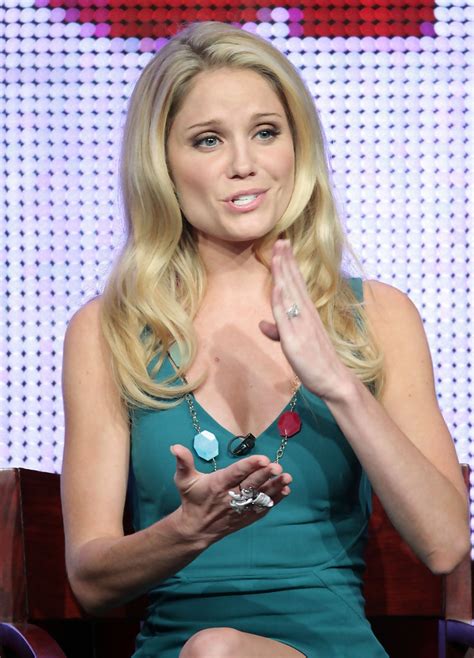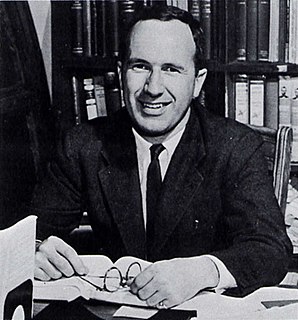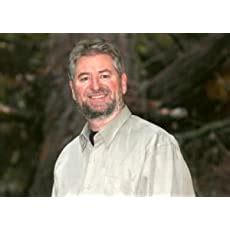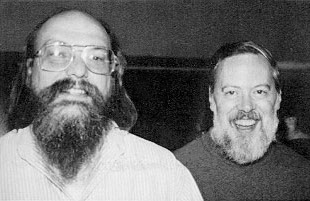Top 1200 Gathering Data Quotes & Sayings
Explore popular Gathering Data quotes.
Last updated on April 14, 2025.
The thing I'm particularly interested in is natural history. In its heyday, the mid- and late-nineteenth century, when people were going out and gathering the first huge caches of data and trying to understand what was living and growing everywhere, there was such a sense of freshness to that pursuit. It's very exciting.
This is a gathering of Lovers.
In this gathering
there is no high, no low,
no smart, no ignorant,
no special assembly,
no grand discourse,
no proper schooling required.
There is no master,
no disciple.
This gathering is more like a drunken party,
full of tricksters, fools,
mad men and mad women.
This is a gathering of Lovers.
When dealing with data, scientists have often struggled to account for the risks and harms using it might inflict. One primary concern has been privacy - the disclosure of sensitive data about individuals, either directly to the public or indirectly from anonymised data sets through computational processes of re-identification.
A gathering of Democrats is more sweaty, disorderly, offhand, and rowdy than a gathering of Republicans; it is also likely to be more cheerful, imaginative, tolerant of dissent, and skillful at the game of give-and-take. A gathering of Republicans is more respectable, sober, purposeful, and businesslike than a gathering of Democrats; it is also likely to be more self-righteous, pompous, cut-and-dried, and just plain boring.
You have to imagine a world in which there's this abundance of data, with all of these connected devices generating tons and tons of data. And you're able to reason over the data with new computer science and make your product and service better. What does your business look like then? That's the question every CEO should be asking.
Any time scientists disagree, it's because we have insufficient data. Then we can agree on what kind of data to get; we get the data; and the data solves the problem. Either I'm right, or you're right, or we're both wrong. And we move on. That kind of conflict resolution does not exist in politics or religion.
I've seen people spend days, if not months, researching and gathering data, but only at the end did they finally figure out what they were really looking for; then they have to redo a lot of stuff. If after a day or so you force yourself to put together your tentative conclusions, then you'll have guidance for the rest of your research.
We are ... led to a somewhat vague distinction between what we may call "hard" data and "soft" data. This distinction is a matter of degree, and must not be pressed; but if not taken too seriously it may help to make the situation clear. I mean by "hard" data those which resist the solvent influence of critical reflection, and by "soft" data those which, under the operation of this process, become to our minds more or less doubtful.
I'm doing a lot of cognitive processing. I'm gathering research. I'm processing it. I'm arranging the data. I'm sorting out the narrative. I'm designing. It's almost as if I do all the cognitive work that you then don't have to do. I digest it, process it, and then offer something that's very easy for you to digest.
The USA Freedom Act does not propose that we abandon any and all efforts to analyze telephone data, what we're talking about here is a program that currently contemplates the collection of all data just as a routine matter and the aggregation of all that data in one database. That causes concerns for a lot of people... There's a lot of potential for abuse.
Our racing simulator is more about gathering data about the car, trying different setups, and trying to find speed in the actual racecar as opposed to speed in the actual driver. There's no other way to get that kind of testing in, without doing the actual event, or getting outside and spending the money to make it happen. And it costs a lot to go to the racetrack.
Scientific data are not taken for museum purposes; they are taken as a basis for doing something. If nothing is to be done with the data, then there is no use in collecting any. The ultimate purpose of taking data is to provide a basis for action or a recommendation for action. The step intermediate between the collection of data and the action is prediction.
Tape with LTFS has several advantages over the other external storage devices it would typically be compared to. First, tape has been designed from Day 1 to be an offline device and to sit on a shelf. An LTFS-formatted LTO-6 tape can store 2.5 TB of uncompressed data and almost 6 TB with compression. That means many data centers could fit their entire data set into a small FedEx box. With LTFS the sending and receiving data centers no longer need to be running the same application to access the data on the tape.
One of the myths about the Internet of Things is that companies have all the data they need, but their real challenge is making sense of it. In reality, the cost of collecting some kinds of data remains too high, the quality of the data isn't always good enough, and it remains difficult to integrate multiple data sources.
In my view, our approach to global warming exemplifies everything that is wrong with our approach to the environment. We are basing our decisions on speculation, not evidence. Proponents are pressing their views with more PR than scientific data. Indeed, we have allowed the whole issue to be politicized-red vs blue, Republican vs Democrat. This is in my view absurd. Data aren't political. Data are data. Politics leads you in the direction of a belief. Data, if you follow them, lead you to truth.
We get more data about people than any other data company gets about people, about anything - and it's not even close. We're looking at what you know, what you don't know, how you learn best. The big difference between us and other big data companies is that we're not ever marketing your data to a third party for any reason.
The normal way of gathering information is through sound: when you hear information that you want to gather, you look in its direction, you see what it is, if you choose you can get closer, you can see it, you can touch, and then, finally, the most committed form of data gathering is to taste it and eat it. But for the urbanite, we're cut off from our primary sense, and I want to stress that - our primary sense of gathering information about the place that we're living in - and instead, we're in a war zone.
The data set of proxies of past climate used in Mann...for the estimation of temperature from 1400 to 1980 contains collation errors, unjustifiable truncation or extrapolation of source data, obsolete data, geographical location errors, incorrect calculation of principal components and other quality control defects.
MapReduce has become the assembly language for big data processing, and SnapReduce employs sophisticated techniques to compile SnapLogic data integration pipelines into this new big data target language. Applying everything we know about the two worlds of integration and Hadoop, we built our technology to directly fit MapReduce, making the process of connectivity and large scale data integration seamless and simple.
























































